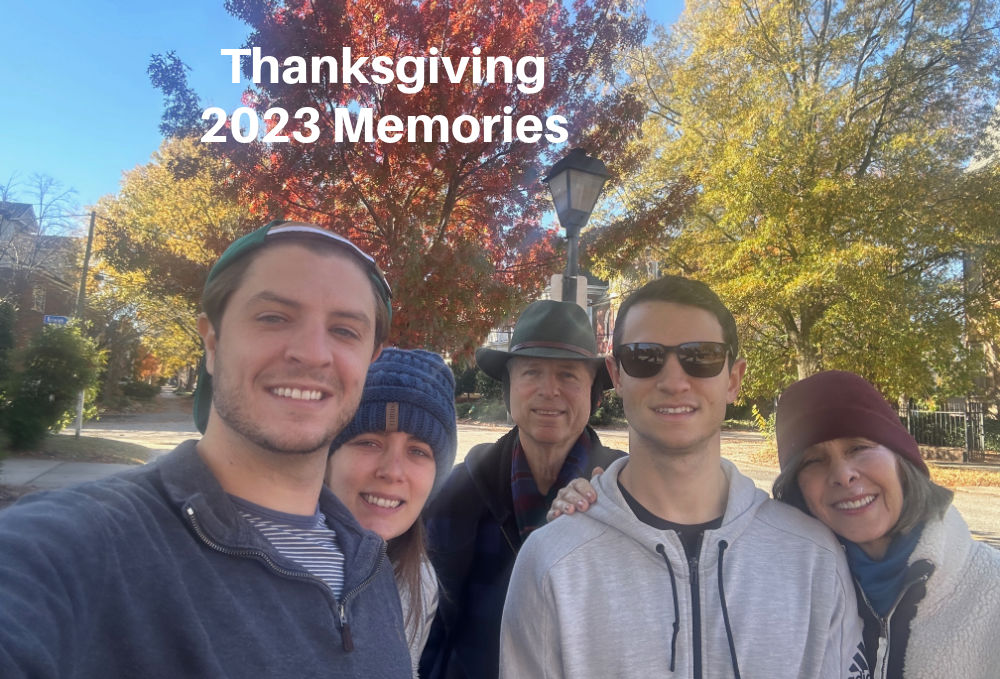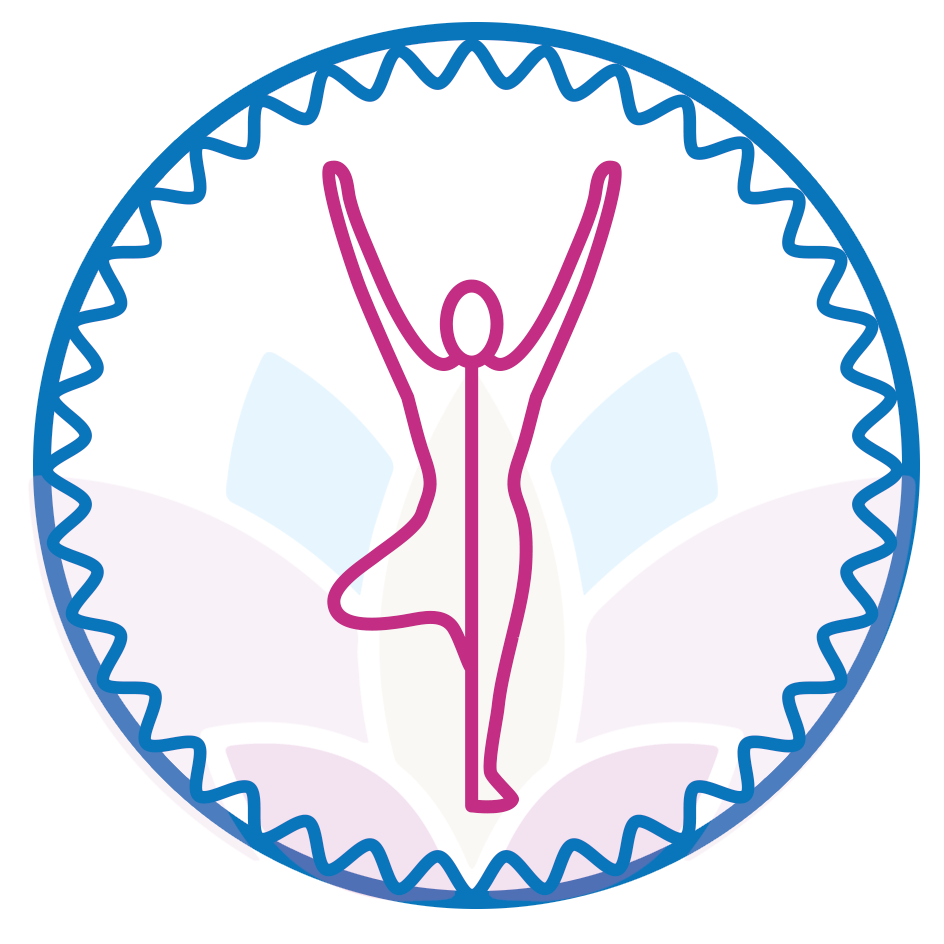
Happiness is Not A Feeling!
Feelings are fleeting— often lasting just a few minutes. Its our thoughts about those feelings that last for days. How does this relate to happiness? Read on. While it’s fair to say that we are all seeking happiness, most of us are going about it the wrong way according to Harvard Social Science Professor and NY Times bestselling author Arthur Brooks, PhD. I just completed a short course online on the Art and Science of Happiness with him and felt compelled to share. Why? Because this is one of the keys to getting happier. Dr. Brooks deputized us to go out and be happiness educators.
Dr. Brooks lectures MBA students at Harvard’s Business School on this topic and is now offering this course to the general public. He says step one, is to understand what happiness isn’t
Happiness is not a feeling. “To think of happiness as a feeling is like saying your Thanksgiving dinner is the smell of your turkey. That’s not right!” he told us. Instead, according to Brooks it’s a series of elements which include Enjoyment, Satisfaction and Purpose.

The big parts of Happiness
1) Enjoyment is different than pleasure. In fact, they come from different parts of the brain. Pleasure comes from the primitive limbic part of the brain. While enjoyment comes from the cortex (higher thinking part) of the brain. Constantly pursuing pleasure can actually lead to unhappiness because the pleasure feelings are so fleeting. Our limbic brains do not want us to remember pleasurable sensations for too long because it is in charge of keeping us safe. Brooks contends If you focus on enjoyment instead, you will remember the good stuff which leads to happiness. For instance, the turkey dinner is consumed and is gone, but the memories of being with your loved ones during Thanksgiving live on.
2) Satisfaction is elusive according to Dr. Brooks for some of the same reasons that we forget pleasurable experiences so quickly. If we stayed satisfied (evolutionarily speaking), we might not survive long enough to reproduce and keep the human race going. So once again, the limbic brain is interfering with our happiness; choosing survival as more important. Dr. Brooks’ advice on this one is to be satisfied with what you have rather than getting satisfaction from having more. The famous song line from Sheryl Crowe, “wanting what you have instead of having what you want,” could be a helpful mantra.
3) Purpose gives life meaning. Here is where you might not like what Dr. Brooks says because suffering is often a big part of finding your purpose. “What?” you might say and think “I am out of here!” But hear me out as I try to explain Dr. Brook’s theories, which by the way, are based on a ton of collected research. Quoting Carl Jung, Dr. Brooks contends you cannot know happiness if you do not have unhappiness. These are the times that we find our meaning, our strength and resilience too.
Control what you can in life to be happier!
Breaking down happiness even further, Dr. Brooks says you can control about 25% of your happiness. 50% is genetic, 25% (give or take) are your circumstances and 25% is what you do with your life. He has great advice on what to do regularly and what not to do to be happier as we age. Stay tuned next week where I delve deep into this topic.
Join me online twice a week to get healthier and happier in my Yoga and Healthy Living Club. Click here here to find out more.
To Your Health and Happiness,
Andrea



